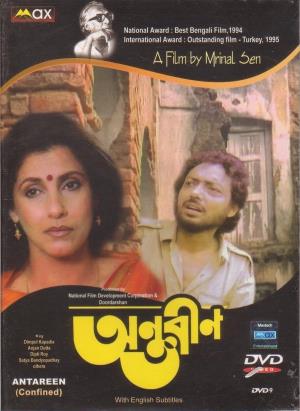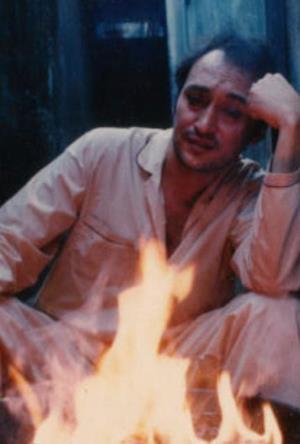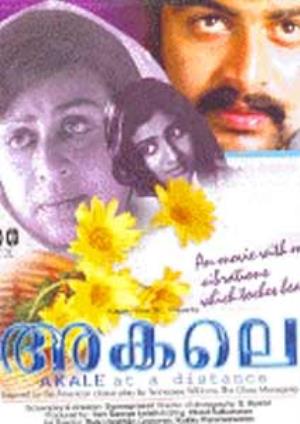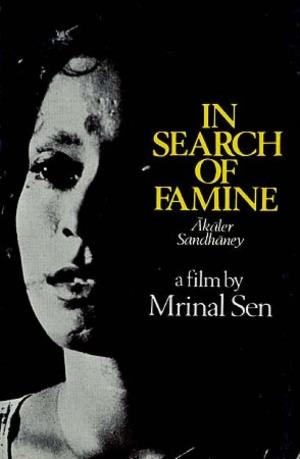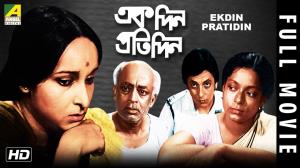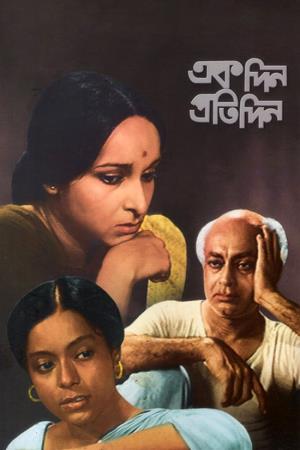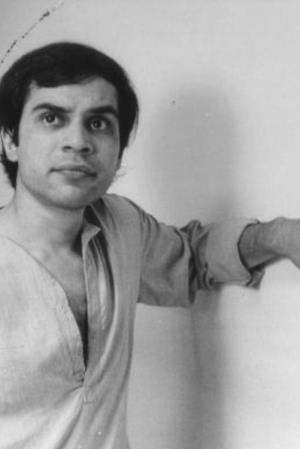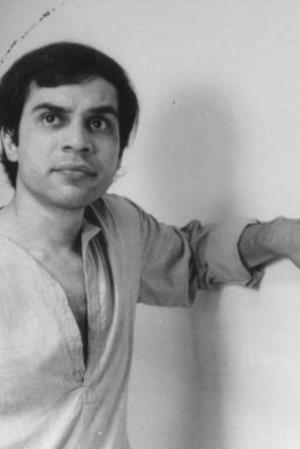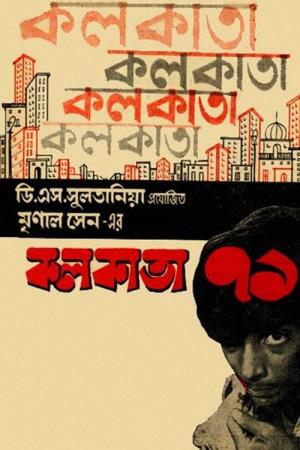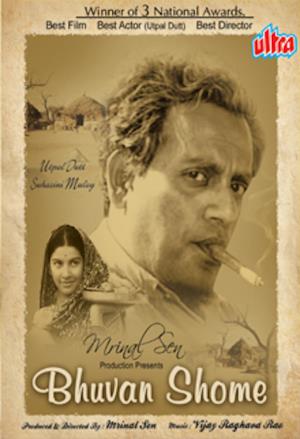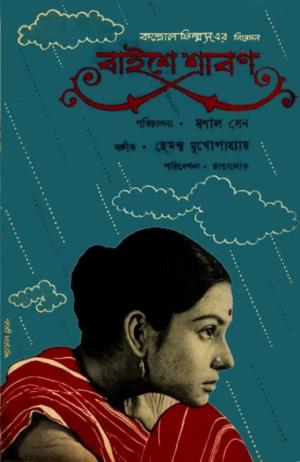
Mrinal Sen entered the world of arts through Indian Peoples Theatre Association (IPTA) in 1943. He made his first film Raat Bhor in 1956. Deeply influenced by the leftist ideology, most of his films dealt with social and political themes. His second film Neel Akasher Nichey was banned by the Government for two months in 1958. In most of his films he discussed the complexities of the middle class urban life of Bengal in depth. He also made films in Oriya, Telugu and Hindi. Mrinal Sen won the
Gender: Male
Born On: 14-May-1923
Last Info Sync: 7/22/2018 12:35:00 PM
Mrinal Sen's Filmography on Tv
Find list of movies directed by Mrinal Sen on tv. Select any movie link to find details about the movie. Movies are sorted in decreasing order of release date i.e. movie with latest release date is shown first.
Aamar Bhuban (2002)
The film depicts a place of India where people live peacefully and love each other despite the hatred and violence that scars the rest of the nation.
Antareen (1994)
The mistress of a wealthy man, alone in her huge apartment and terribly lonely, phones strangers in the middle of the night. One night she phones a young writer, and as the days pass and the conversations continue a relationship forms between two people who've never seen each other.
Mahaprithibi (1991)
When the elderly mother of a Kolkata middle-class family commits suicide, no one has the courage to read the old woman's diary. When the eldest son returns from Germany, his anxious questioning brings to light the disorientation experienced by the family and the way world history penetrates into the fabric of individual lives.
Akale (1980)
7 September, 1980. A film crew comes to a village to make a film about a famine, which killed five million Bengalees in 1943. It was a man made famine, a side- product of the war, and the film crew will create the tragedy of those millions who died of starvation. The film documents the convivial life among the film crew and the hazards, problems and tension of film making on location. The actors live a double life, and the villagers, both simple and not-so-simple folk watch their work with wonde
Genres
#DramaSandhan (1980)
7 September, 1980. A film crew comes to a village to make a film about a famine, which killed five million Bengalees in 1943. It was a man made famine, a side- product of the war, and the film crew will create the tragedy of those millions who died of starvation. The film documents the convivial life among the film crew and the hazards, problems and tension of film making on location. The actors live a double life, and the villagers, both simple and not-so-simple folk watch their work with wonde
Genres
#DramaEkdin Pratidin (1979)
The bread-winning daughter in a middle-class family fails to return from work one evening. The saga begins with worries at home, followed by midnight searches and finally a deepening crisis arising out of economic and moral constraints prevalent in the society. Yet the film speaks of hope and of strength hidden behind despair.
Genres
#DramaPratidin (1979)
The bread-winning daughter in a middle-class family fails to return from work one evening. The saga begins with worries at home, followed by midnight searches and finally a deepening crisis arising out of economic and moral constraints prevalent in the society. Yet the film speaks of hope and of strength hidden behind despair.
Genres
#DramaPadatik (1973)
A political activist escapes the prison van and is sheltered in a posh apartment owned by a sensitive young woman. Both are rebels: the activist against political treachery and the other on social level. Both are bitter about badly organized state of things. Being in solitary confinement, the fugitive engages himself in self-criticism and, in the process, questions the leadership. Questions are not allowed, obeying that is mandatory. Displeasure leads to bitterness, bitterness to total rift. The
Genres
#DramaPadatika (1973)
A political activist escapes the prison van and is sheltered in a posh apartment owned by a sensitive young woman. Both are rebels: the activist against political treachery and the other on social level. Both are bitter about badly organized state of things. Being in solitary confinement, the fugitive engages himself in self-criticism and, in the process, questions the leadership. Questions are not allowed, obeying that is mandatory. Displeasure leads to bitterness, bitterness to total rift. The
Calcutta 71 (1972)
The spirit of a condemned 20-year-old student wanders through time, linking together four stories of people struggling for survival in this gritty meditation on poverty, natural disaster and political strife in India. A middle-class family's home is no match for the monsoons, while another clan's morality is compromised when famine strikes. Young boys smuggle rice, and politicians pity the poor while living in the lap of luxury.
Genres
#DramaBhuvan Shome (1969)
Bhuvan Shome is a lonely widower, a proud old man and a strict disciplinarian. Looking back on the trodden path, strewn with staunch determination and drab attitudes, Bhuvan Shome, a throughtly unenchanted man, seeks escape in a holiday.
Genres
#DramaBaishey Shravana (1960)
The tragic story set in the late 1930s, just before famine struck Bengal. It tells of the marriage of a dumpy middle-aged salesman of small goods to a beautiful teenager, and how, after initial days of happiness together, a series of misfortunes strike which slowly embitter the man.

